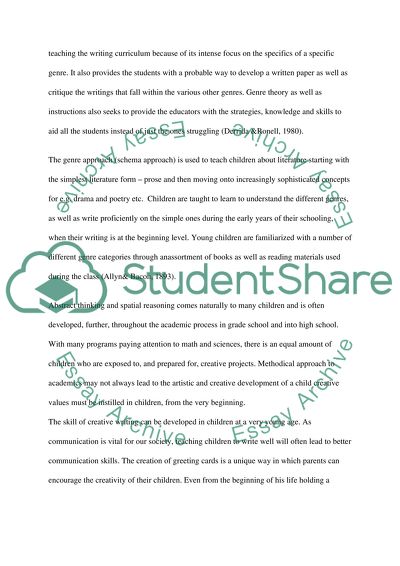Cite this document
(“Writing about personal learning and literature Essay”, n.d.)
Retrieved from https://studentshare.org/environmental-studies/1418141-writting-about-personal-leaarning
Retrieved from https://studentshare.org/environmental-studies/1418141-writting-about-personal-leaarning
(Writing about Personal Learning and Literature Essay)
https://studentshare.org/environmental-studies/1418141-writting-about-personal-leaarning.
https://studentshare.org/environmental-studies/1418141-writting-about-personal-leaarning.
“Writing about Personal Learning and Literature Essay”, n.d. https://studentshare.org/environmental-studies/1418141-writting-about-personal-leaarning.


